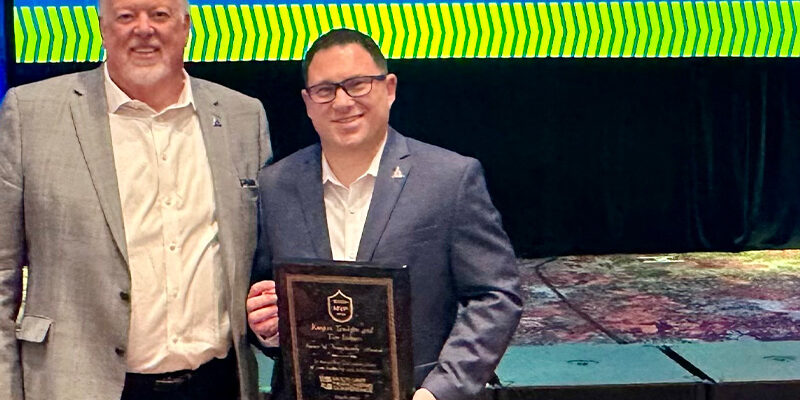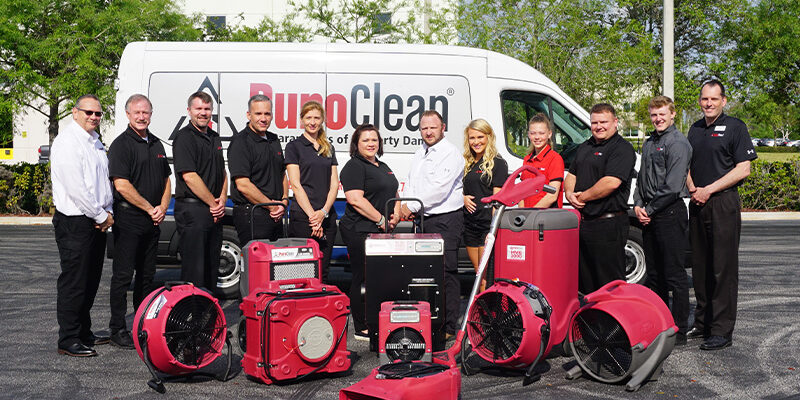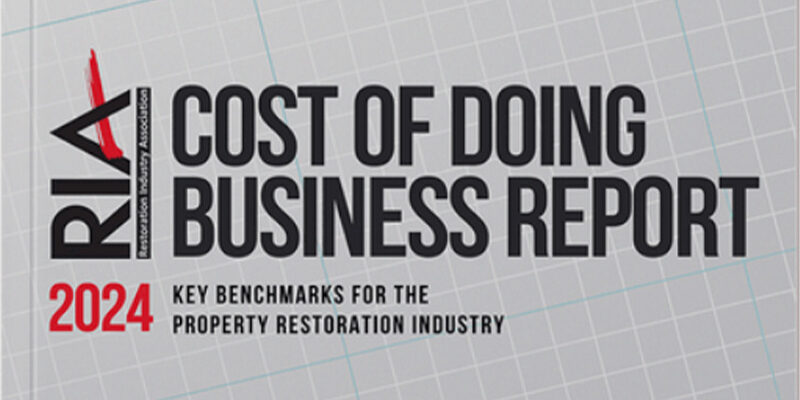Three Leadership Characteristics Baby Boomers Need to Embrace

By John Monroe
Just accept it—the COVID-19 pandemic has changed the world forever. I am part of the baby boomer generation, and I have worked hard this past year to embrace the fact that many of the ideas I held about the way business should be conducted and what makes an effective leader have been thrown out the door!
Prior to the pandemic, I would have terminated a sales rep who spent more than two hours a week in the office during prime selling hours. It was all about in-person face time. These days, sales reps should spend at least an hour or two in the office each day making phone calls or holding video conferences with those clients who are not working in their office anymore.
Boomers and millennials
I believe that the workplace culture in a company is defined by the leader’s generational traits and characteristics. As of 2021, baby boomers represent those ages 58-75. They are referred to as the “me” generation and for good reason. They place great value on being recognized by their peers and subordinates for their expertise and knowledge. They thrive on holding positions of power and authority that give them perks and recognition. Baby boomers relish long work weeks and define themselves by their professional accomplishments. Since they had to sacrifice to get to where they are in their career, this workaholic generation believes that the younger generations should also have to pay their dues.
Millennials embody the age group 25-40 and make up the largest generation, over 35%, in the American workforce today. They are also the most tech savvy. This group was born with a cell phone in their hand and learned how to read, write, and do arithmetic on a laptop as early as the first grade. They are expected to change jobs up to 20 times in their career, and one of the key determinations they look for in a company is the culture. They want a company that demonstrates its care for the overall wellbeing of their employees and provides work-life balance through flexible work hours and generous paid time off.
Gallup conducted a poll at the end of 2020 and found that over 50% of millennials work remotely compared to less than 20% of boomers. When you consider that over 50% of the Fortune 500 CEOs are baby boomers, there should be no surprise as to why they are struggling to lead in this COVID era. Boomers are wrestling with the work-from-home model since they believe “face time” at the office is crucial to producing quality work. If they are not able to see their employees, then how do they know their employees are actually working?
The typical boomer CEO
The business news channels have been buzzing the past few weeks about David Solomon (59), CEO of Goldman Sachs, and his statement that he desired to see the firm’s offices fill up again. “I do think for a business like ours which is an innovative, collaborative apprenticeship culture, this is not ideal for us. And it’s not a new normal [to be working from home]. It’s an aberration that we’re going to correct as quickly as possible.” Since the beginning of the year, four key Goldman Sachs executives have left the firm. It has been stated in the business papers that the departures were partially caused by Mr. Solomon’s approach to turning the company back into “a more top-down, hierarchical culture in which the institution is bigger than its people.”
The Wall Street Journal recently interviewed the top executives of 25 major U.S. corporations to get their temperature on when they think we will come back to work. It was interesting that those executives who are baby boomers said they wanted people back in the office as soon as possible. Yet the younger CEOs said it could be another year or more and that it would most likely be a hybrid office environment when people did return.
Embracing a changing culture
Yes, I am a baby boomer, but I must agree with the younger generations. I just don’t see us returning to the way things used to be once the pandemic is over. As hard as this might be for some leaders to accept, I’m of the opinion that being prepared for a new normal can only help, not hurt, our business. To get started, here are three leadership characteristics that are worth embracing.
Characteristic 1: Be flexible, not tone deaf
To be an effective leader in the new pandemic era, ask for input from your teams. Then listen to that input and support their ideas. Author and speaker Simon Sinek states, “The leaders who get the most out of their people are the leaders who care most about their people.” Stop digging in your heels and drawing lines in the sand because of your generational thinking. Instead, empower your people to perform their jobs without everyone needing to be present together in the office. Henry Ford said, “If there is any one secret of success, it lies in the ability to get the other person’s point of view and see things from that person’s angle as well as from your own.”
Characteristic 2: Build trust by showing empathy
In his book, The Infinite Game, Simon Sinek presents the idea that businesses play either a finite game with winners and losers or an infinite game where company leadership transforms a group of stressed and overworked employees into a cohesive team of innovative risk takers. Sinek says that for a company to play the infinite game they must build trusting teams. An infinite company hires the best people and trusts each one of them to do their job.
An effective leader in the new normal knows that trust is built from the top down, always doing what is best for the employees and with the success of the company in mind. Teams that have thrived through the pandemic are those managed by leaders who have put their people first and recognized that trust is ultimately about building relationships by showing empathy and vulnerability. The empathetic leader looks at every interaction as an opportunity to connect with their employees. This new leader is authentic, humble, and operates with grace under pressure. They are purposeful in building and managing trust.
Characteristic 3: Your purpose is to create an employee-centric culture
As Nick Craig stated in his book, Leading from Purpose, “Whether in business or in our personal lives, a strong sense of purpose offers firm footing on shifting ground.” The leaders who realized early on that the pandemic was going to throw a new curve ball every week understood that their best defense was to over communicate, be transparent, and create a sense of community. They knew that employees needed to feel safe about the workplace and about their jobs. They needed to have a place where they could express their feelings and emotions without being judged. The great leaders of the pandemic will make it their purpose to continue to develop a culture that encourages employees to communicate with the same transparency as its leaders, without worry of being judged negatively. This culture creates trusting teams where people are not afraid to ask for help or admit they made a mistake.
Recognize that we all desire to work for a company that genuinely cares about us and supports our personal development. As the great leader of a world-class company, make it your purpose to continue what you started and develop your employees by focusing on their emotional balance, intellectual growth, and physical health.
Purpose and beliefs
I say to my fellow boomers, learn from your past but stop living in the past. Open up your mind to learning new ways of running a business. The key to leadership is leading ON purpose with a sound set of beliefs on which you base all your policies and actions.
John Monroe is a Business Development Advisor for Violand Management Associates (VMA), a highly-respected consulting company in the restoration and cleaning industries. Monroe is a leading expert in marketing, sales and sales management for the restoration and cleaning industries with over 30 years of experience in those fields. Through Violand, Monroe works with companies to develop their people and their profits. To reach him, visit Violand.com or call 800-360-3513.












